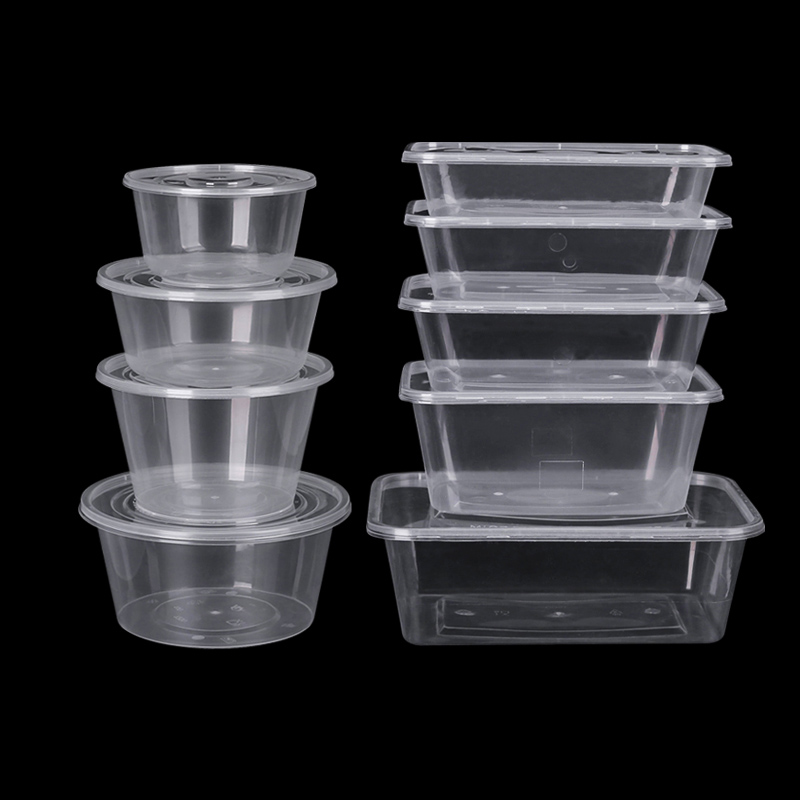
Plastic bowls are commonly used in households for daily meal preparation and dining. However, there has been a growing concern about the safety of using plastic bowls for daily use due to the potential risks associated with them.
One of the main concerns about using plastic bowls for daily use is the potential for harmful chemicals to leach into food. Plastics are made from a variety of chemicals, such as BPA (bisphenol A) and phthalates, which are known to be harmful to human health. When these chemicals come into contact with hot food or liquids, they can leach into the food and be ingested, posing a potential health risk.
To address this concern, many plastic manufacturers have started producing BPA-free and phthalate-free plastic bowls. These bowls are made from safer materials that are less likely to leach harmful chemicals into food. When choosing plastic bowls for daily use, it is important to look for ones that are labeled as BPA-free and phthalate-free to ensure their safety.
Another concern about using plastic bowls for daily use is the potential for bacteria growth. Plastic is a porous material that can harbor bacteria if not properly cleaned and dried. This can lead to food contamination and foodborne illnesses. To prevent bacterial growth, it is important to clean plastic bowls thoroughly with hot soapy water after each use and allow them to air dry completely before storing them.
It is important to avoid using plastic bowls in the microwave or dishwasher unless they are labeled as microwave-safe and dishwasher-safe. Heating plastic bowls in the microwave can cause them to warp or melt, releasing harmful chemicals into food. Similarly, washing plastic bowls in the dishwasher at high temperatures can also cause them to deteriorate and leach chemicals into food.


